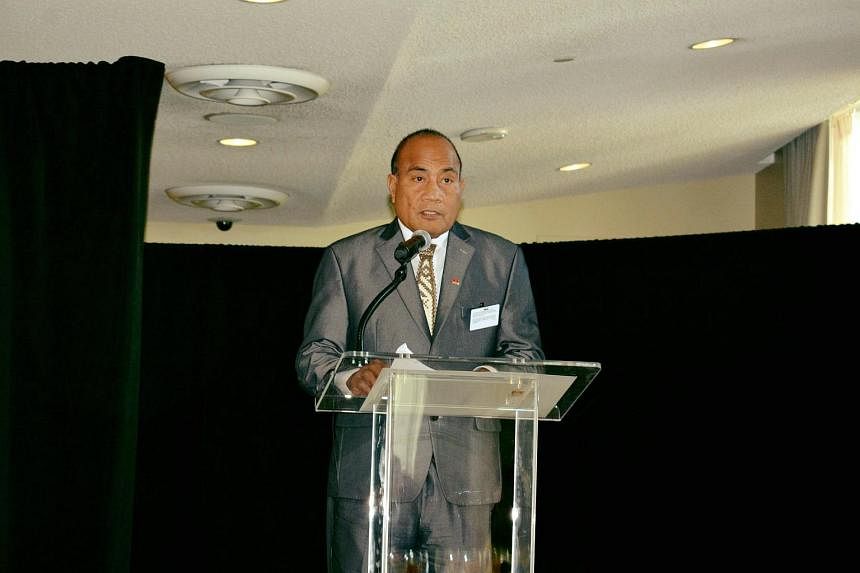WELLINGTON - The rule of law in Kiribati risks being critically undermined, lawyers warned on Thursday, after the government suspended all of the Pacific nation's remaining high court judges.
International legal bodies condemned the shock suspension of three remaining court of appeals judges - apparent retribution for rejecting the government's bid to deport an Australian-born judicial colleague.
"Kiribati now has no sitting judges," said the Law Society in neighbouring New Zealand.
"The suspension of three senior judges - owing to disagreement with a ruling - is an inappropriate interference with the judicial process."
The International Bar Association's Human Rights Institute said the three suspended judges were all retired New Zealand judges and accused Kiribati's President Taneti Maamau of "attacking judicial independence".
Throughout the Pacific, it is common for retired judges from Australia or New Zealand to take up senior roles in an island nation's judiciary.
The health of Pacific democracies has come into sharper focus in recent months, as governments look to centralise power at the same time as they deepen ties with authoritarian leaders in Beijing.
In Solomon Islands, scheduled elections were delayed until at least 2024 and in Vanuatu, Parliament was dissolved to avoid a vote of no confidence in the prime minister.
The Kiribati crisis was set in motion last month when the appeals court rejected a government move to deport Australian David Lambourne, a high court judge married to the country's opposition leader.
In response, the government railed against "foreign judges" and against the court ruling, which it described as "very biased" and "one-sided".
The New Zealand Law Society's vice-president Ataga'i Esera said the suspension of the three judges "undermines judicial independence in Kiribati" and warned the rule of law was at risk.
"The Court of Appeal is Kiribati's highest local court, and its decisions should be respected. The rule of law demands this," she said.
Comprised of dozens of dispersed coral atolls, and with a population of less than 120,000, Kiribati has become an unlikely geopolitical hot spot in recent years.
The country established diplomatic relations with China in 2019 after previously recognising Taiwan, and since then ties with Beijing have deepened considerably.
Chinese Foreign Minister Wang Yi visited Kiribati during a whistle-stop tour of the Pacific in May, signing 10 agreements in areas such as the climate and the economy.
Shortly after, Kiribati spectacularly quit the half-century-old Pacific Islands Forum, just as the bloc's other member states rejected China's bid for a greater role in regional security.
Although sparsely populated, the Pacific Islands sit at a strategic crossroads between China, the United States and its allies Australia and New Zealand.
The region has long looked to the West for trade and security, but China's spectacular economic rise and - more recently - its growing military and diplomatic clout have reshaped the region.
The US government recently announced it would open an embassy in the country as it seeks to counter growing Chinese influence across the Pacific. AFP

